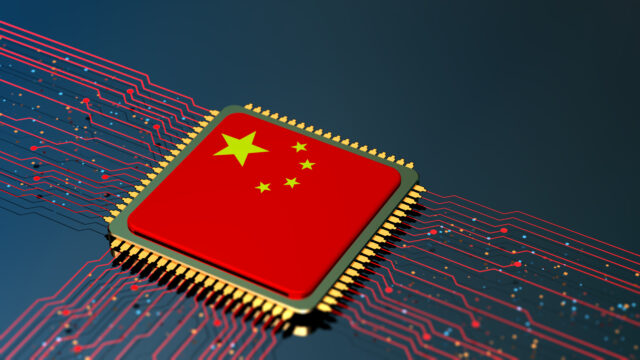Rare-Earth Shortage Highlights Risk of China Stranglehold on U.S. Manufacturing

The deepening shortage of rare-earth magnets is exposing a critical vulnerability in the U.S. supply chain—and highlighting the extent of China’s grip over a resource essential to modern industry.
Automakers across the U.S., Europe, and Asia are warning that vehicle production could grind to a halt within weeks, as Chinese export controls on rare-earth magnets throttle global supplies. According to a detailed report in The Wall Street Journal, manufacturers are scrambling to find workarounds, with some even weighing whether to shift production back to China—the very country they have sought to decouple from.
These tiny but essential components—used in electric vehicle motors, speaker systems, adjustable seats, and even windshield wipers—depend on minerals like dysprosium and terbium. China controls about 90 percent of the global supply, and, as the Journal reports, it also dominates the refinement and magnet production capabilities that turn these minerals into usable parts.
Ford was forced to halt production of its Explorer SUV at its Chicago plant in May due to a rare-earth shortage, the Journal noted. Several European plants have already gone offline. Industry groups representing major automakers and parts suppliers warned the Trump administration last month that further shutdowns are likely unless more rare-earth components can be secured.
The current crisis was triggered when China, in April, imposed a licensing regime on the export of rare-earth magnets. While not an outright ban, the slowdown in license approvals has brought shipments to a near-standstill. The Wall Street Journal cited supply chain officials who said that while exporting individual magnets is nearly impossible, China is still permitting the export of motors and components containing magnets—creating a powerful incentive to relocate part of the manufacturing process to Chinese factories.
“If you want to export a magnet, they won’t let you do that. If it’s in a motor made in China, that’s fine,” a supply-chain executive told the Journal.
The move would mark a startling reversal of post-pandemic efforts to “reshore” American industry. According to the Journal, some automakers are considering producing motors in the U.S., shipping them to China to have magnets installed, and then importing them back. The process would be slower and more expensive—and could expose firms to additional tariffs—but executives say the alternative could be factory shutdowns.
While the White House believed it had secured looser Chinese export rules as part of a 90-day trade truce, Beijing has been slow-walking approvals. The Trump administration has accused China of violating the terms of the agreement, while Chinese officials blame U.S. restrictions on AI chips and student visas.
Citing auto executives and industry groups, the Journal reports that there are few immediate alternatives. Supplies in Europe and Southeast Asia cannot meet current demand, and building rare-earth refining and magnet-making infrastructure in the U.S. could take years.
Even reverting to conventional gas-powered cars isn’t feasible—automakers face strict fuel-economy mandates, and the Journal notes that regulatory emissions credits are already sold out through 2027. Some companies are now evaluating whether they can strip out features that rely on rare-earth magnets—like premium speaker systems and power-adjustable seats—to conserve supplies.
The rare-earth crunch has already hit not just EVs and hybrids but conventional cars as well. As the Journal emphasizes, rare-earth magnets are found throughout every modern vehicle. The shortage therefore threatens to impact the entire auto sector, regardless of propulsion type.
The magnet crisis underscores the larger challenge facing U.S. industry: building a modern, tech-intensive manufacturing base without access to the inputs currently monopolized by China. Without a rapid and coordinated strategy to develop rare-earth processing capabilities domestically or with reliable allies, the U.S. remains vulnerable to similar shocks in the future.
As one auto executive told the Journal, unless the situation changes, “production stoppages can no longer be ruled out.”